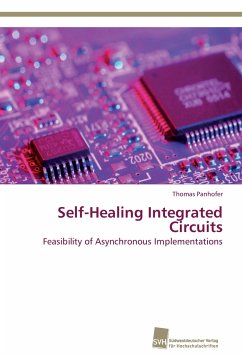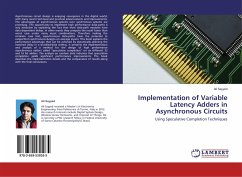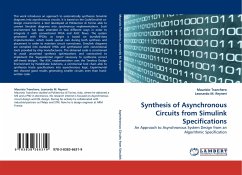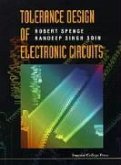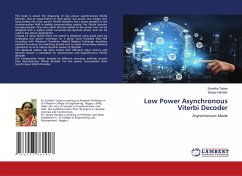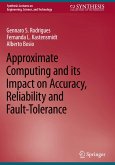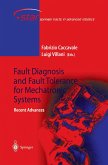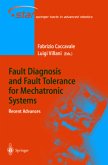Advancing miniaturization, higher integration, reduced supply voltage and other changing parameters of modern integrated digital logic devices lead to situations where fault effects, that previously were an issue only in extremely harsh environments, e.g. as seen in space missions, are now impacting the circuits also in normal environments. The diverging trend - increasing complexity vs. decreasing reliability - is getting a serious problem for high reliability applications. In particular if a repair is very expensive or even impossible, the trend goes towards adaptive systems that can autonomously cope with failure situations as they arise. The author presents a self-healing concept which is based on asynchronous Quasi-Delay Insensitive (QDI) logic. This design style is beneficial for the development of a fault tolerant system, as it features e.g. fail-stop behavior without additional effort. Methods for autonomous fault diagnosis and subsequent repair are systematically established and assessed by means of different simulation models and representative target circuits. The effectiveness of the approach is finally verified by hardware fault injection experiments.

